Science 4.4(A)
collect information using tools, including computing devices, hand lenses, primary balances, cups, bowls, magnets, collecting nets, and notebooks; timing devices; non-standard measuring items; weather instruments such as demonstration thermometers; and materials to support observations of habitats of organisms such as terrariums and aquariums; and
- Plus Plan
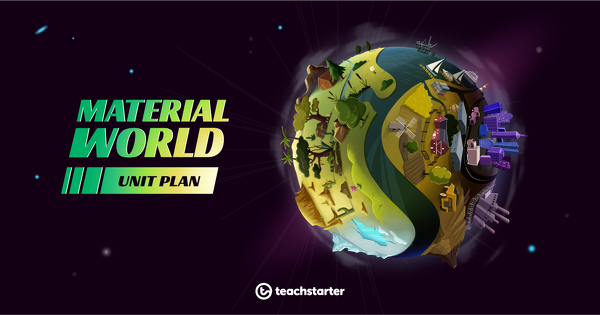
Material World Unit Plan
This Chemical Sciences unit investigates natural and processed materials. Demonstrations and experimental procedures are explored with particular attention given to the scientific method.
- Plus Plan
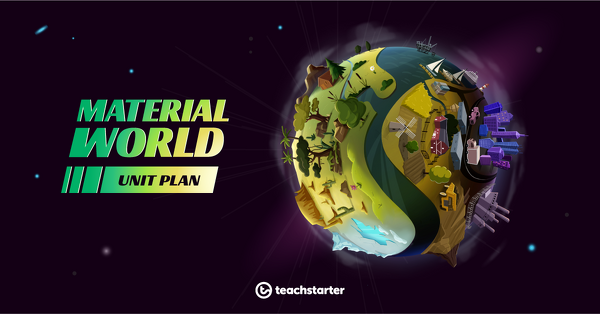
And Further On - Research Into the Environmental Impact of Certain Materials
A 60 minute lesson in which students will be introduced to a research task for them to undertake about a material of their choosing.
- Plus Plan
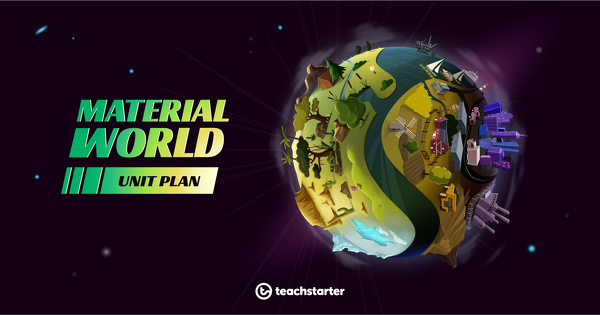
Now I Understand - Building a Solid Conclusion for an Experiment
A 60 minute lesson in which students will learn how to build solid scientific conclusions for experiments.
- Plus Plan
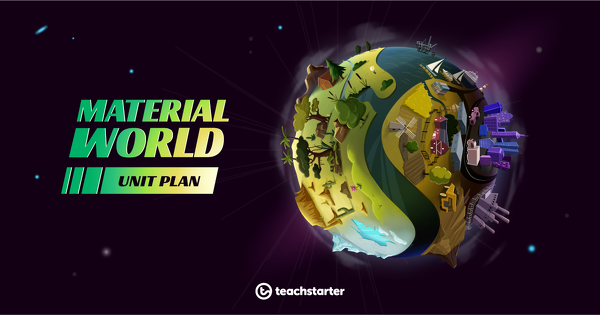
Science Experiment - Suck It Up!
A 60 minute lesson in which students will investigate materials and their absorptive properties through a scientific investigation.
- Plus Plan
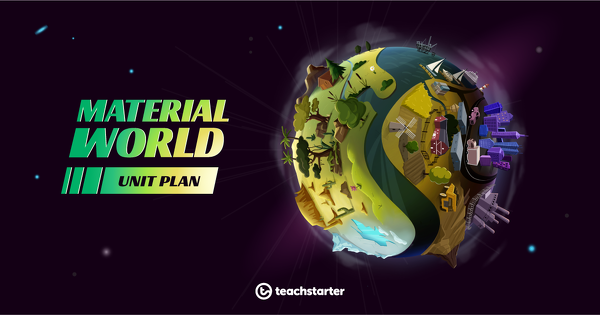
What's the Use? - Developing a Hypothesis to Investigate
A 60 minute lesson in which students will learn how to develop an effective hypothesis for scientific investigations.
- Plus Plan
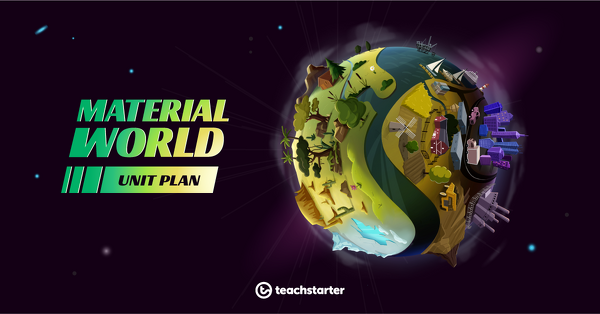
Freedom of Choice - Developing Scientific Lines of Questioning
A 60 minute lesson in which students will learn how to develop scientific lines of questioning to initiate a scientific investigation.
- Plus Plan
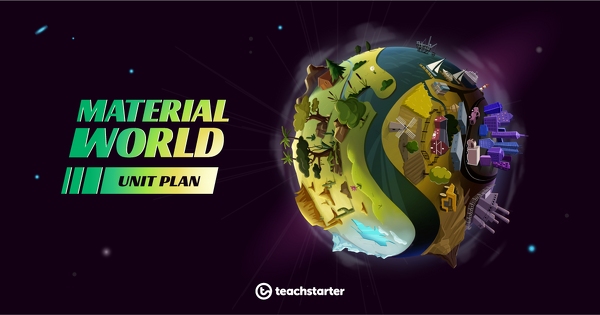
Plastic and Concrete - How Do People Use Processed Materials?
A 60 minute lesson in which students will investigate the ways humans produce and use processed materials.
- Plus Plan
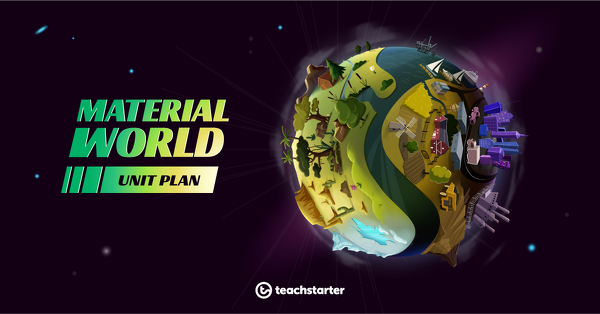
Natural Science - How Do People Use Natural Materials?
A 60 minute lesson in which students will investigate the use of natural materials by humans throughout history.
- Plus Plan
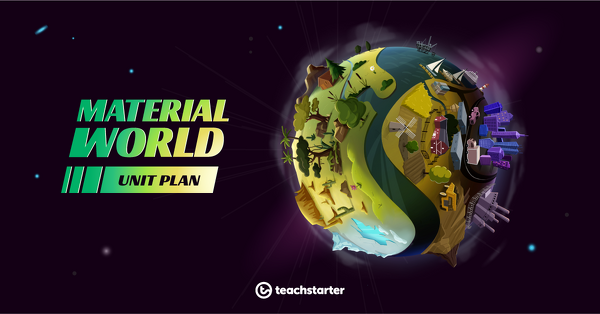
Living in the Material World - Examining Natural and Processed Materials
A 60 minute lesson in which students will examine and understand the differences between natural and processed materials and their uses.